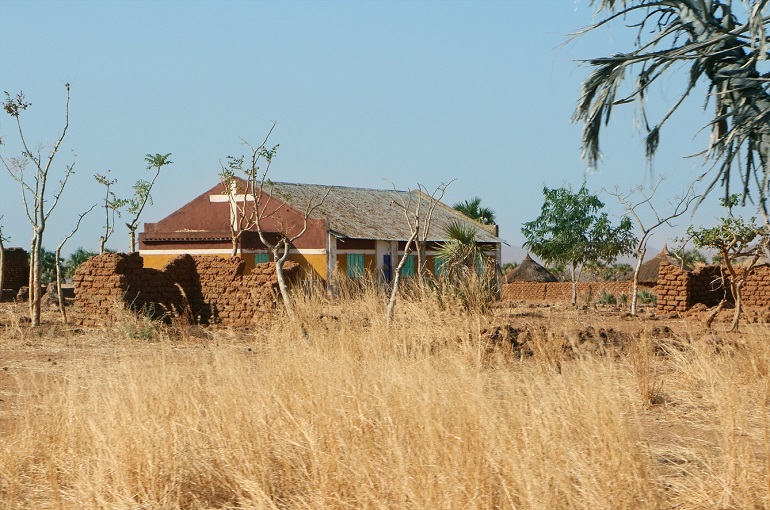
A criminal case against eight leaders of a Sudan church is testing the application of a law that puts church property under the control of the government.
The eight leaders of the Sudanese Church of Christ were arrested in August 2017 after they refused to hand over control of the church’s property to a government committee. A lower court ruled in August 2018 the case was of an administrative nature, not criminal, and acquitted five of the eight, including Church of Christ President Ayouba Telyan. The court also said the church could retain administration of the property.
On 7 Oct., however, Sudan’s Supreme Court decided there are grounds for a criminal case after all, and ordered a trial to proceed. Charges include “criminal trespass and illegal possession of SCOC properties,” CSW reported.
At the center of the legal tension is a government land and buildings committee that was illegally established by the Ministry of Guidance and Endowments in 2013. Since then, the government has gradually confiscated church properties.
Churches such as the Sudan Church of Christ and the Sudan Presbyterian Evangelical Church have had their buildings demolished, leaders evicted and detained, and property illegally occupied. In June 2017, Church of Christ leaders wrote an open letter to the government, calling for an end to “the systematic violation of Christian religious freedoms”.
The legal saga is playing out against the backdrop of turmoil following the ousting of Sudan President Omar al-Bashir. The new minister for Guidance and Religious Endowments in Sudan’s transitional government, Nasr-Eddin Mofarah, said last month that Sudan is a country with religious diversity, and he invited a return of the Jewish community.